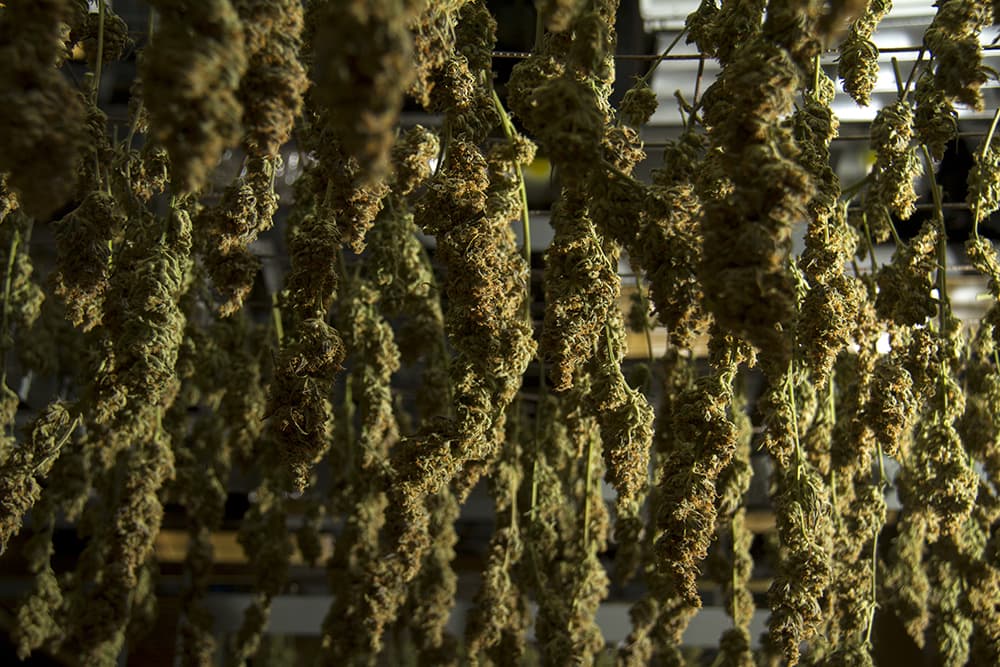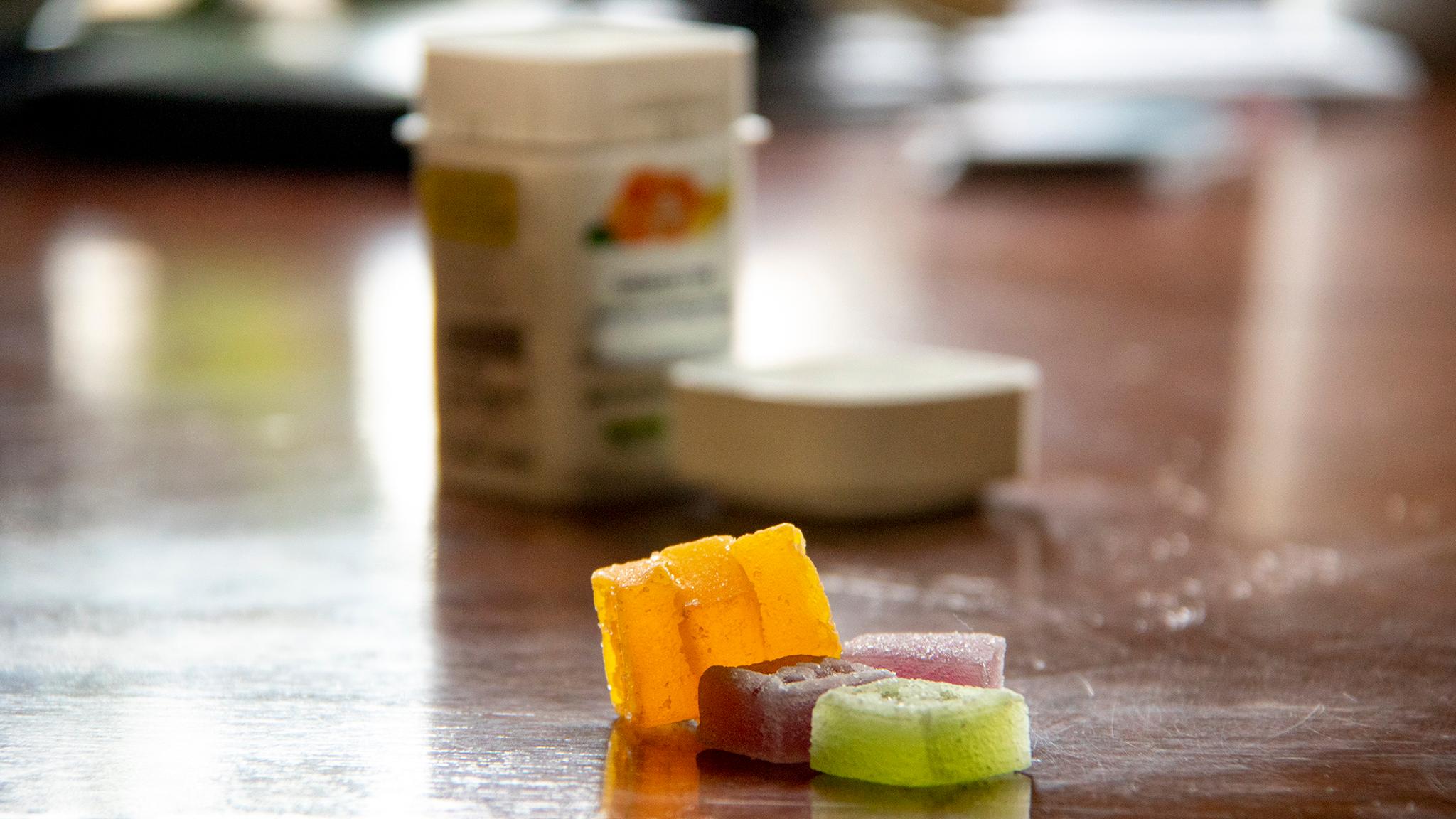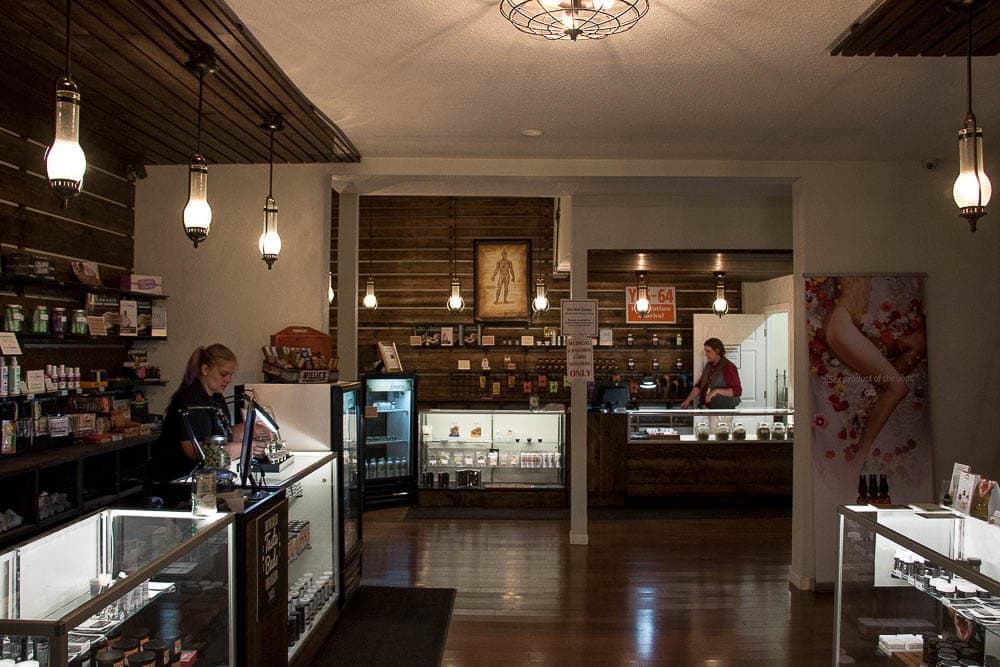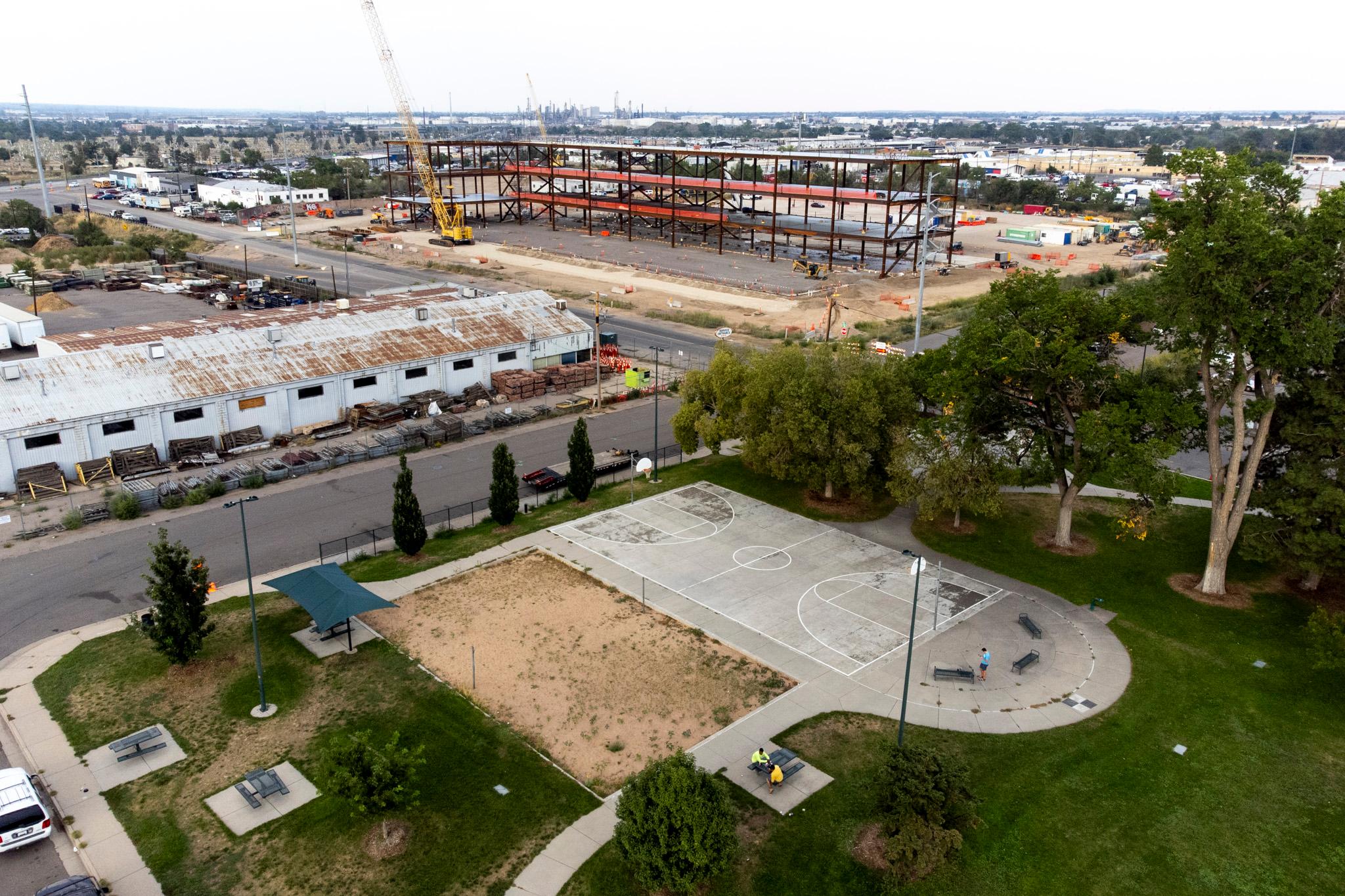It's the year of marijuana in Denver, at least for the city's licensing department.
It'll be the top focus for the Department of Excise and Licenses' executive Director, Ashley Kilroy, who on Thursday led a stakeholder's meeting on the city's plan to upgrade its rules for recreational and medicinal pot businesses.
The meeting, the first of its kind held by the city, was a chance to get feedback from people in the marijuana industry and a step toward a process that started last month when the city announced it would roll out major changes to the rules.
Front and center among business owners and lobbyists who attended Thursday's meeting are how the rules will impact existing businesses, how the city will roll out its so-called equity plan to make businesses more available to underrepresented groups, and how the city will implement new licensing laws, including allowing for commercial delivery and social use. Those laws were passed by the General Assembly last year.
For starters, the department will be asking Denver City Council to delay the lottery for new locations after the licensing department set a cap for sale and cultivation sites. The cap for cultivation locations has been set at 299, while the cap for stores has been set for 220. The department wants to push this lottery until 2021, though the number of available locations isn't clear yet. It would then take place annually if there are new locations available.
While the city doesn't know the exact number of available locations, it will likely be a pretty small one.
Department policy analyst Erica Rogers estimated it could be about 10. The city doesn't know the number yet because they're anticipating chaos: locations could go out of businesses, a business or two may lose their licenses, or businesses may merge or consolidate.
Shannon Fender, of Native Roots, said the company is generally supportive of the city's timeline for coming up with ways to implement new state and local licensing laws. Fender was curious about delivery, which would only be available for medicinal marijuana as part of a pilot program this year, according to Westword.
"I think there are probably folks in this room, us included, who think it's very important to get the 11,000 or so patients that are within the city access sooner rather than later," Fender said.

City licensing department spokesperson Eric Escudero said another reason why they're taking their time to roll out the new rules is to ensure equity. The city wants to create a plan that will make the marijuana industry more accessible to people of color.
"Our number one focus when it comes to cannabis right now in Denver is social equity, and if you look back at how licenses were issued, when we first had a legalized market, nobody was talking about social equity," Escudero said.
Kilroy said the city is working on how to define "social equity applicant."
"People that are currently disenfranchised by your caps, by the war on drugs, by not having the equity to be able to get access to these licenses, have the ability to participate under the consumption bill," said lobbyist Cindy Sovine said. "If you start limiting that, then you're limiting access for people to be able to access those licenses."
Samantha Walsh, a lobbyist for Simply Pure, which bills itself as Colorado's first black-owned dispensary, said there needs to be good-faith stakeholders to make sure the equity component works.
"It seems like they're definitely prioritizing it, to the point to much consternation to the rest of the industry," Walsh said.
There are other ideas being floated as the new rules are considered -- including extending store hours.
A representative of a marijuana company said that if the city will be adding additional companies hoping to get a share of the pie, the city should make the pie bigger. His suggestion: Increasing store hours in the city until midnight -- which is allowed under state law -- to help Denver marijuana companies compete with nearby Glendale and Edgewood, which have shops open until that time.

Denver's dispensaries can stay open until 10 p.m. Any change to this would need to be approved by city council.
While Kilroy called it "great thought," she brought up concerns that adding business hours could potentially increase more burglaries or robberies. She said such crimes increased the last time the city allowed longer store hours in 2017.
The department will present its pitch to city council members at a committee meeting on March 17. The department thinks the changes will likely be approved by the full council in April.
Because of misinformation from the source, this article originally misstated how many medical patients were in the state.













